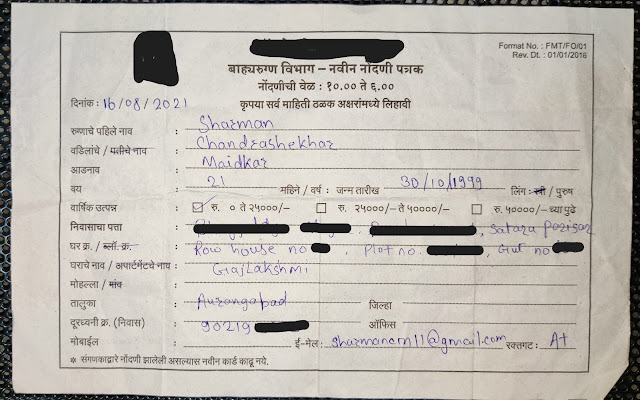Postel's Law Explained: How Loose Standards Can Improve Your Online Experience
What is Postel's Law?
Postel's Law, also known as the robustness principle, is a fundamental principle of network communication commonly attributed to Jon Postel, one of the pioneers of the internet. It states that when developing network protocols, software, or systems, one should be liberal in what one accepts and conservative in what one sends.
In other words, senders should be careful to send data that conforms to the system specifications, and receivers should be flexible enough to accept a wide range of input and handle it gracefully. Postel's Law is essentially a guideline for developers to make their systems more tolerant and interoperable, allowing different devices to communicate even if they don't speak the same language.
In simpler terms, Postel's Law means that when developers create systems, they should be careful about what they send and make sure the system understands it. At the same time, the system should be flexible enough to accept a wide range of input and handle it properly.
Without Postel's Law, different systems would have difficulty communicating, which could lead to frustrating issues for users, such as error messages and failed connections.
How Postel's Law Enables Seamless Device Communication
Postel's Law has become increasingly important in modern technology due to the growth in complexity and diversity of networks and systems. In the past, devices, and software were often created by a single manufacturer, making it easier to ensure compatibility. However, In today's world, devices and software are created by many different manufacturers and developers, and they need to communicate well for users to have a good experience.
Without Postel's Law, interoperability between different systems would be difficult to achieve, and users would face more frustrating issues such as error messages, failed connections, and unexpected behavior. It provides a framework for developers to make their systems more tolerant and interoperable, allowing different devices to communicate seamlessly and efficiently.
As technology evolves, Postel's Law will remain crucial for ensuring that networks and systems can communicate smoothly and efficiently, enabling new possibilities for innovation and connectivity.
Applying Postel's Law in Software Development
When applied in software development, Postel's Law has several benefits. Firstly, it allows developers to develop software, tolerant and interoperable with other systems. By adopting a conservative approach to data sending and a liberal approach to data acceptance, software systems can communicate with each other smoothly, even if they don't speak the same language.
Another benefit of applying Postel's Law in software development is that it can improve the resilience of software systems. By making it tolerant of a wide range of input, software systems can be more forgiving of errors or unexpected input and gracefully handle them. It can help prevent software crashes, data corruption, and other issues that may negatively impact user experience.
It also helps to drive innovation in software development. By providing a flexible framework for system development, developers can create new and innovative software systems that can work alongside existing ones, further improving communication and connectivity. Postel's Law has led to the development of a wide range of software protocols and systems that enable users to communicate and share information across vast networks.
This principle has enabled software developers to create new and innovative software protocols and systems, driving innovation in software development.
Examples of Postel's Law in Action
Email communication:
HTML web pages:
IoT devices:
Web forms:
02/17/2021
17/02/2021
2021/02/17
February 17, 2021, etc., etc.
You may enter your birthdate in any of these formats.
If the website was liberal, it would accept any given format.
However, the server only accepts the birthdate in this format - 2009, February 17. So, for the website to communicate with the server, it must be conservative. It cant send any text to the system and will not understand that text.
You can enter anything you want in terms of dates, and the website should take whatever you send, configure it in a way that the system understands, and send that format. So, being liberal in what it sends, and conservative in what it accepts.
In conclusion, Postel's Law, also known as the Robustness Principle, is a fundamental principle of network communication that has become increasingly important in modern technology. By being conservative in what they send and liberal in what they accept, developers can make their systems more tolerant and interoperable, allowing different devices and software to communicate seamlessly. This results in a better user experience, with fewer error messages, failed connections, and unexpected behavior. The examples provided demonstrate the practical application of Postel's Law in real-world situations such as email communication, HTML web pages, and IoT devices. By understanding and applying Postel's Law, developers can create more robust and reliable systems that benefit everyone. As technology continues to evolve and become more complex, the importance of Postel's Law will only continue to grow.








That was an interesting concept. Hadn't heard of Postels law before. An interesting read.
ReplyDelete